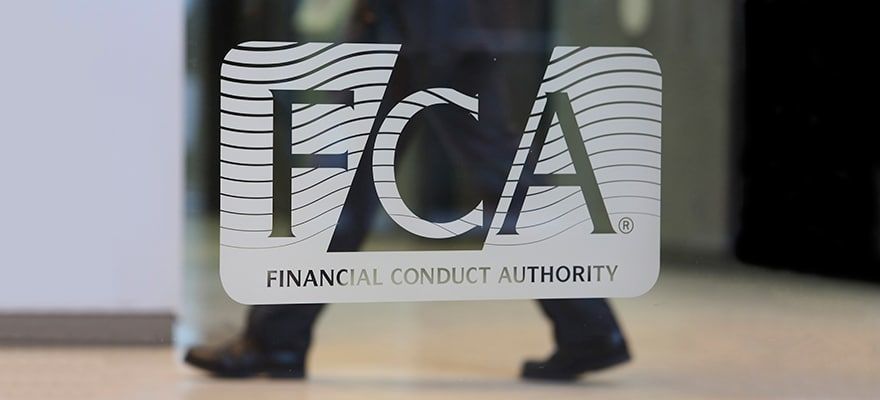There has been a lot of talk about gender equality in the financial services sector and about ending gender discrimination in the industry, especially in the light of the #MeToo movement.
However, whistleblowing complaints to the Financial Conduct Authority (FCA) about sexual misconduct and discrimination increased by 300% in 2018, with 64 reports compared with 20 in 2017.
“The risks of a false consensus should be apparent to all of us at this point – recent history has a lot to say about the dangers of not questioning the status quo, however unethical it may be” said Christopher Woolard, executive director of strategy and competition at the FCA.
Diversity should be high on the industry’s agenda, said Woolard, but it shouldn’t be a “false consensus”; because just talking about diversity and inclusion won’t make the cut. Actions are needed to implement the rhetoric, he said.
Woolard added: “We are seeing some firms take what they would regard as a zero-risk approach in response to #MeToo, which, rather than having the intended effect of making women safer in the workplace, I fear may see the re-emergence of cosy boys’ clubs and men-only networks. That misses the point.”
WHERE ARE THE WOMEN EXECS?
Under representation of women in senior positions is one of the actions companies need to take, said Kirsty Stone, investment manager at Dart Capital.
“A fundamental requirement moving forward is that we need women to have a greater presence in senior roles within the sector. With a greater presence of women at the top, young women choosing a profession or starting a career in our sector will have the knowledge that success to the highest level is attainable.”
However, the great rise in misconduct complaints is not reassuring and, as Woolard mentioned, encouraging words will not make the change the industry needs in relation to women and fair representation.
“As both women and men continue to be outraged by unacceptable behaviour, they will at least on paper have the support to take action against the individuals and organisations concerned. We have to hope that as companies take a hard line against gender discrimination and misconduct, there will be a longer-term reduction in such reports” said Stone.
CONFIDENCE TO ACT GROWS
Jane Goodland, corporate affairs director at Quilter, thinks that although the 300% rise is a cause of worry, it could indicate a step towards women having the confidence to come forward with those claims.
“With such an alarming increase the time for procrastination is over and the FCA, and the industry more widely, must quickly find ways to forcibly stamp out unacceptable discrimination and outdated behaviour. If we don’t then the financial sector will continue to fail women in the sector.”
This doesn’t mean however, that the re-emergence of what the FCA called “cosy boy’s clubs and men-only networks”, should be condoned just because of the discomfort followed by a strong female movement, said Stone.
Goodland said: “The time for rhetoric is over, we need to take meaningful action now, or the investment industry will fail to fully deliver for women as customers or as employees, neither of which is helpful for a sector in search of growth.”
– This article first appeared on ESG Clarity‘s sister site Portfolio Adviser.








